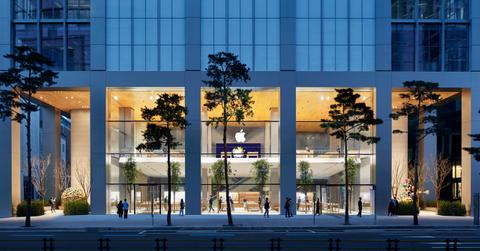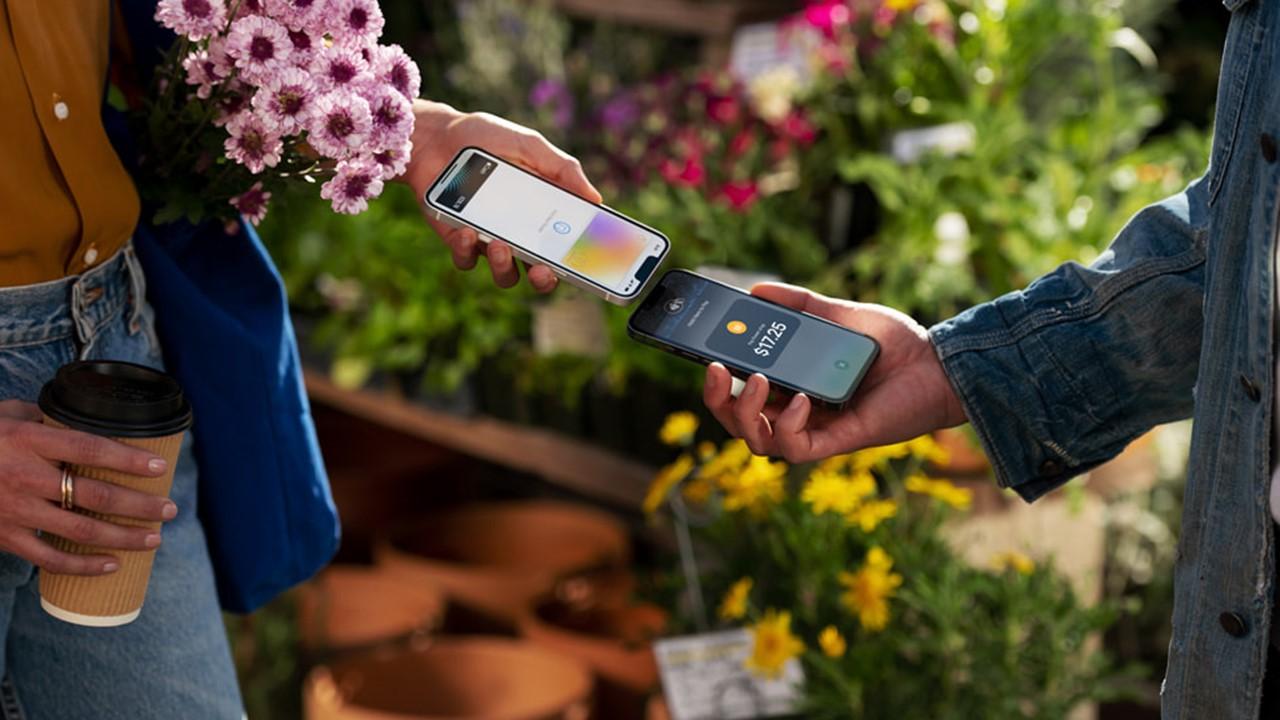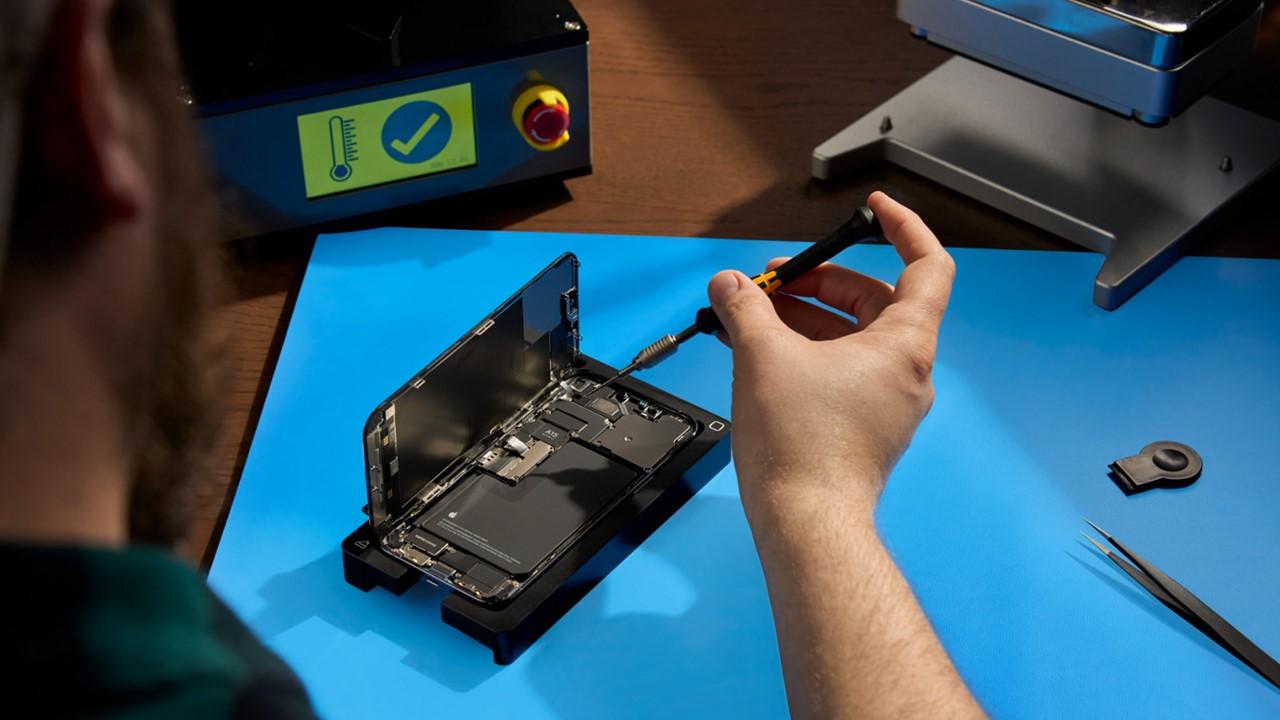EU Hits Apple With Monopoly Accusation Over Contactless Payments
Is Apple a monopoly? The EU says at least part of it is. Here’s the deal on the latest of many anticompetitive accusations against Apple.
May 3 2022, Published 12:07 p.m. ET
Apple Inc. (AAPL) isn't a stranger to claims of anticompetitive accusations. FTC Chair Lina Khan has consistently dissed the big tech industry, especially regarding data practices. Khan says the industry “seems to incentivize endless tracking and vacuuming up of users’ data.”
In the most recent monopoly accusation, it isn't Apple’s data that’s in the spotlight, but the company’s competitive exclusion with Apple Pay. The EU has officially accused Apple Pay of acting as a monopoly.
EU accuses Apple Pay of monopolistic operations.
According to a press release, the European Commission has officially sent a statement of objections to Apple over its allegedly anticompetitive Apple Pay practices.
The press release, dated May 2, reads, “The European Commission has informed Apple of its preliminary view that it abused its dominant position in markets for mobile wallets on iOS devices. By limiting access to a standard technology used for contactless payments with mobile devices in stores (‘Near-Field Communication (NFC)' or ‘tap and go'), Apple restricts competition in the mobile wallets market on iOS.”
The EU says Apple has taken clear and strategic measures to outcast rivals in the contactless payments space. This is because “Apple Pay is the only mobile wallet solution that may access the necessary NFC input on iOS” and “Apple does not make it available to third-party app developers of mobile wallets.”
Is Apple really anticompetitive?
Last year, video game developer Epic Games sued Apple due to restrictive app store policies that took 30 percent of all app and in-app purchases. A judge ultimately sided with Apple over the pretense that retail consumers can choose Android products. However, the court recognized that Apple violated California’s Unfair Competition Law and the fight remains in the Ninth Circuit.
Amid that process, Apple did make small concessions on its App Store practices. After being interrogated by Japan’s fair trade commission (JFTC), Apple allowed app developers to add a website link to their description.
Also last year, Apple made concessions to the Right to Repair movement. Consumers can now make their own repairs, but they must still use original equipment manufacturer (OEM) parts to do so rather than third-party manufacturers.
Fines and fights likely lie ahead for Apple in a changing regulatory landscape
While Apple has largely skirted anticompetitive claims in the past, the FTC is changing the status quo for monopolistic operations and literally rewriting the book of rules. Apple’s global presence makes it likely that more legal fights are to come, which will likely result in fines and rule changes to some degree.
Whether for Apple Pay’s contactless payments, the App Store, or other parts of the big tech beast, regulators are keeping their eyes peeled for their shot at Apple.
Whatever the case, one thing is certain. Khan plans to act with “a fierce sense of urgency” and make up for years of inaction from her antitrust predecessors.



